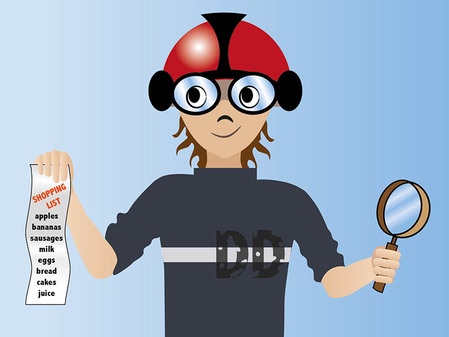
We all know that we should eat a balanced diet and should eat five portions of fruit and vegetables a day. We are also told that we should try and eat a sustainable diet for the sake of the planet. But what are balanced and sustainable diets? Can balanced diets also be sustainable? The answers to these questions and more are discussed as part of the Diet Detectives activity developed by SEFARI scientists.
During the activity, learners will create three plates of food on activity sheets; each plate will increase the awareness of the impact of food choices. The first plate can include any favourite foods; the second plate will help create a balanced diet from the first plate, and the third plate will demonstrate how swapping some food choices can reduce impacts on climate change.
Diet Detectives was designed to run as a live event, but due to the impact of the COVID-19 pandemic the activity was adjusted to run digitally. The resource still contains all the SEFARI expertise from the Rowett Institute, the James Hutton Institute, and the Royal Botanic Gardens Edinburgh. The key messages include the importance of eating a balanced diet, how this diet can affect the environment and how simple swaps to the food we eat could create a more sustainable diet.
Would you like to read more? Our full blog was originally post here
The project was supported by a SEFARI Responsive Opportunity Fund
The project was designed by Dr Julia Mitchell and Dr Russell Betney
